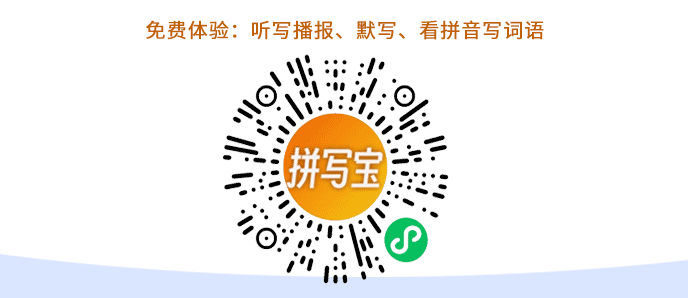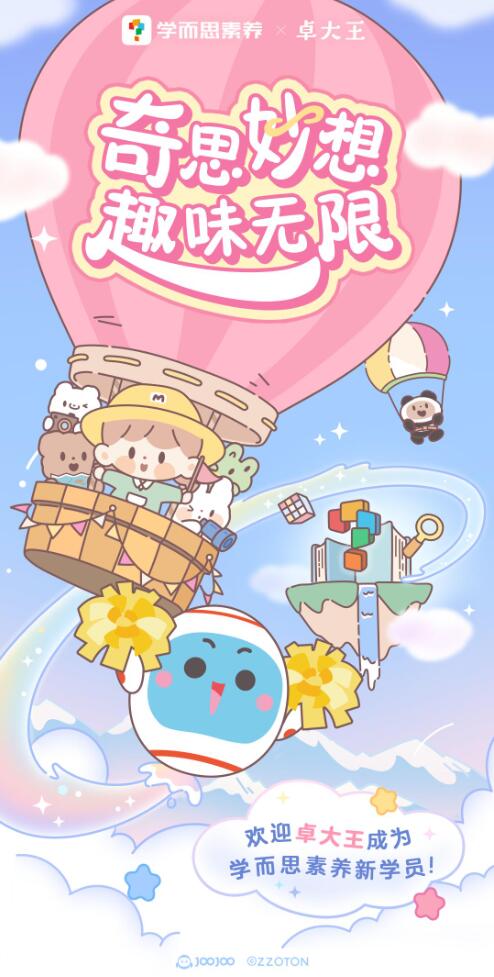Unit Teaching & Learning Objectives/ Aims: I Topics: Vocabulary: beauty, harvest, celebration, starve, origin, religious, ancestor, Mexico, feast, bone, belief, trick, poet, arrival, gain, independence, independent, gather, agriculture, agricultural, award, rooster, admire, energetic, Easter, clothing, Christian, custom, worldwide, fool, permission, parking, apologize, drown, sadness, obvious, wipe, weep, remind, forgive, take place, in memory of, dress up, play a trick on, look forward to, day and night, as though, have fun with, parking lot, turn up, keep one’s word, hold one’s breath, set off, remind…of…. Functions: Grammar: Modal verbs: may/might, can/could, will/would, shall/should, must/can’t. II Speaking: Talk about different kinds of festivals, activities during the festivals and their origins to have a sense of cultural awareness and broaden the students’ view. Practise communication items about making phone calls, invitations and thanks. . III IV V Main Points: new words, language points and language skills listed above, the reading comprehension of the text, the grammar items, narrative writing. Difficult points: new words and language points, the reading comprehension of the text, listening and writing tasks. Teaching Mode: Task-based Teaching Time: Period (45min×8 ) Teaching Aids: Multi-media teaching system Period 1 Teaching & learning contents: Warming up and Listening on Page 41 in WB. Teaching & learning goals: 1. Introduce and talk about different kinds of festivals and the dates, celebrations and activities of the festivals. 2. Listen to the material about Easter and do the listening exercises. 3. Preview new words in this unit. Main points: Warming up and listening. Difficult points: Listening. Class type: Warming up, listening and talking Teaching & learning procedures: Step 1 Lead-in New spring’s greetings. Did you have a good time in your holidays? What did you do during the spring festivals? Did you feel happy? Would you please share your happiness with the class? In this unit, we’ll talk more about different kinds of festivals around the world. This period, we’ll introduce and talk about some festivals, practise listening and preview new words in this unit. Step 2 Warming up Task 1: Show pictures about Spring Festival, introduce and talk about Spring Festival. A brief introduction to Spring Festival: Preparations for the New Year begin the last few days of the last moon, when houses are thoroughly cleaned, debts repaid, hair cut and new clothes purchased. Houses are festooned(给饰花彩) with paper scrolls bearing auspicious(吉祥的) antithetical(对偶的) couplet and in many homes, people burn incense at home and in the temples to pay respects to ancestors and ask the gods for good health in the coming year. On New Year's Eve, all the members of families come together to feast. At midnight at the turn of the old and new year, people used to let off fire-crackers which serve to drive away the evil spirits and to greet the arrival of the new year. On New Year’s Day, people dress up in their best or ancient costumes to visit relatives and friends or go on or watch parades in the streets. Children receive red packets decorated with gold symbols and filled with “lucky money”. Task 2 Brainstorm names of some festivals both home and abroad to see which group could think of more festivals. Some festivals and the dates:
Task 3 Guessing game. Show the pictures or descriptions of some festivals to get the students to guess what festivals they are. (To ppt.) 1) It falls on December 25th. It is the birthday of Jesus Christ. People go to the parties and churches, give cards and presents to our friends and relatives. (Christmas) 2) It is in February. People send roses and cards to the people they love. (Valentine’s Day) 3) It is often in June. People eat rice dumplings and watch boat races on the day that the poet Qu Yuan died. (Dragon Boat Festival) 4) It falls in April. On that day, we remember our dead relatives and visit graves. (Ching Ming Festival) 5) It is often in September or October. We enjoy the full moon and eat moon cakes on that day. (Mid-autumn Festival) 6) On the fifteenth day of Chinese new year (15th, in the lunar calendar), people hang red lanterns around the houses and some public places, which are the symbols of good fortune, happiness and health. People also enjoy “dragon” and “lion” dances and play fireworks and firecrackers. (Lantern Festival) Task 4 Read through the direction in Warming up and ask the students to fill in the form with the information they have got. 1. Festival are meant to celebrate important times of year. be meant to do按道理; 照规矩; 应该; 注定 eg. That was meant to be a dig at me. But this is not meant to be rude. This speech is meant to be thrown away. a student who was meant to be a scientist. She was never meant to be a teacher. 她命中注定不能当教师。 mean 的用法: 1). mean doing sth.意思是“意味着(必须要做某事或导致种结果)”, 其主语通常是指事物的词。 2). mean to do sth.意思是“打算或企图做某事”,其主语通常是表示人的名词或代词,其过去完成式表示“本来打算做某事”。 eg. She means to succeed. 她想要获得成功。 In some parts of London, missing a bus means _____ for another hour. 4). mean 后接名词、副词或从句,意为“表示;打算;存心”等意思;后接that 从句,意为“表示……”。 eg. I never meant that you should come alone. 2. Discuss when they take place, what they celebrate and what people do at that time. 表示“脑海中出现某种想法时”用occur;表示“碰巧做某事;偶然做某事”时用happen。 break out eg. The May Fourth Movement took place in 1919. 3. beauty n.美[u];美人 4. harvest n. vi. vt. 收获;收割 Step 3 Listening in WB (The listening is about Easter.) Task 2 Give a brief introduction to Easter (both in Chinese and English). Easter is the Christian festival that celebrates Jesus’ coming back to life from the dead. Easter customs include making and eating hot cross buns, colouring and searching for eggs supposedly hidden by the Easter Bunny and decorating with lilies. Task 3 Listen to the tape and try to summarize the main topic of the conversation. Task 4 Listen to the tape once more to fill in the chart, and then check the answers.
Step Homework: 3. Surf the internet to know more about festivals. Tags:高中英语,人教,必修,3Book3Unit1FestivalsaroundtheWorld,课时  |
21世纪教育网,面向全国的中小学学教师、家长交流平台




